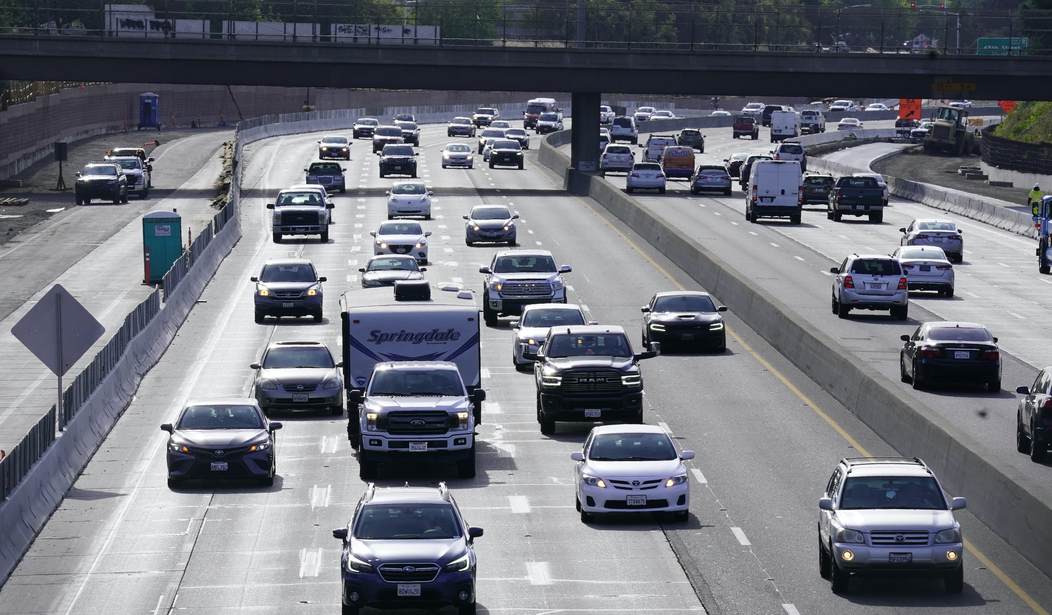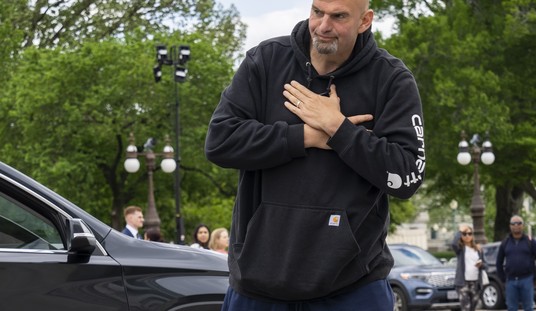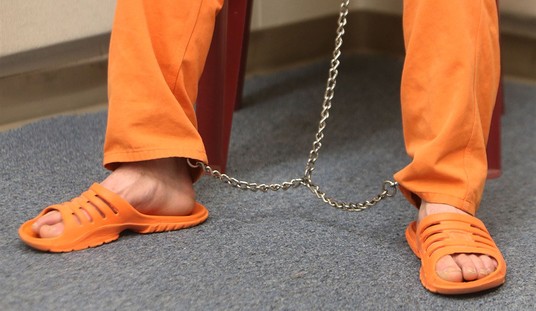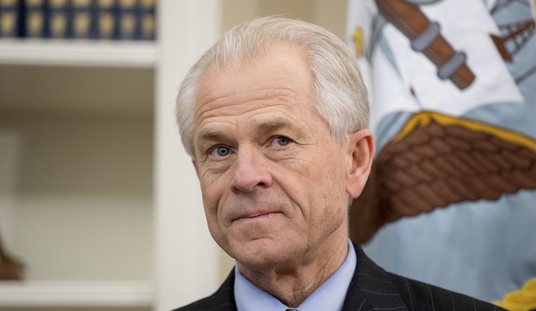The future for electric vehicles is looking bleaker than ever.
According to a Gallup poll published this week, the number of Americans who own an electric vehicle has indeed increased in the last year.
However, the number of those interested in buying one is on the decline despite efforts from the federal government to transition the entire automobile market within the next decade.
Seven percent of Americans, up from 4% a year ago, report that they own an electric vehicle. That increase is matched by an equal decline in the percentage saying they are seriously considering buying one, from 12% to 9%.
Meanwhile, fewer Americans -- 35%, down from 43% in 2023 -- say they might consider buying an EV in the future. Thus, even as some people have moved ahead with their intent to buy an EV in the past year, public demand for the cars has contracted.
Overall, less than half of adults, 44%, now say they are either seriously considering or might consider buying an EV in the future, down from 55% in 2023, while the proportion not intending to buy one has increased from 41% to 48%.
Perhaps unsurprisingly, the poll also found that Republicans and conservatives are the least likely to purchase EVs:
Those on the political left -- Democrats and liberals -- are more likely than those on the right (Republicans and conservatives) to be in the EV market. Twenty-seven percent of liberals own or are considering an EV, higher than for any other subgroup.
Meanwhile, the 7% market among conservatives essentially ties with senior citizens as the lowest among subgroups. Conservatives and Republicans are the two groups with the highest percentages saying they wouldn’t consider an EV.
EVs are also far more popular among wealthier Americans, underscoring the fact that they are generally unaffordable for people struggling in the Biden economy:
Upper-income Americans are the subgroup most likely to own an EV, with 14% doing so, up from 6% last year. This relationship may reflect the much higher purchase price of EVs compared with traditional gasoline-powered vehicles.
Another 11% of upper-income Americans are seriously considering buying an EV. The combined 25% compares with 14% of middle-income and 9% of lower-income Americans who own or are seriously considering buying an EV.
...Sixty-one percent of lower-income Americans say they would not buy an EV, up 18 percentage points from 43% in 2023, the biggest increase among major subgroups. In general, most subgroups show higher percentages now than a year ago saying they would not buy an electric vehicle.
Such findings underscore the growing crisis facing the EV industry, with many companies, including the likes of Mercedes and General Motors, cutting back on their production targets and laying off hundreds of workers.
This crisis is the result of various factors, including high production and maintenance costs, increased competition from China, and skepticism about the environmental benefits so aggressively touted by their advocates.
In February, The New York Times reported that even the Biden administration was giving up on many of its EV production targets as part of a “concession” to automakers and labor unions.














Join the conversation as a VIP Member